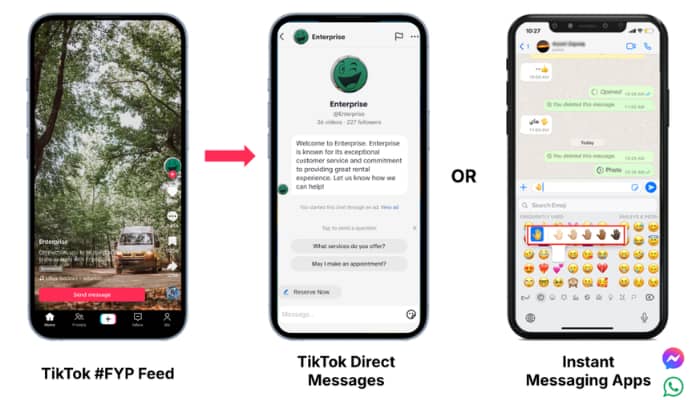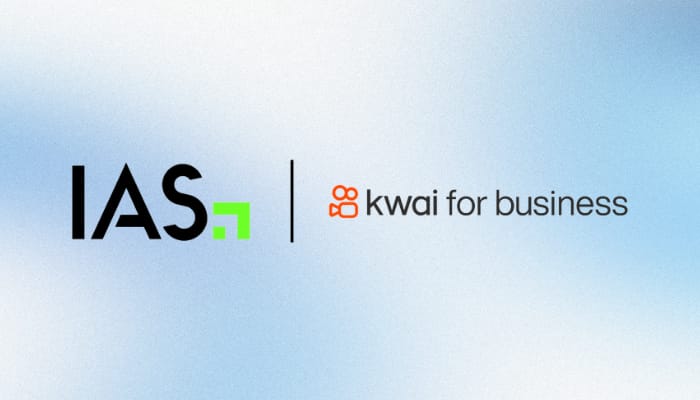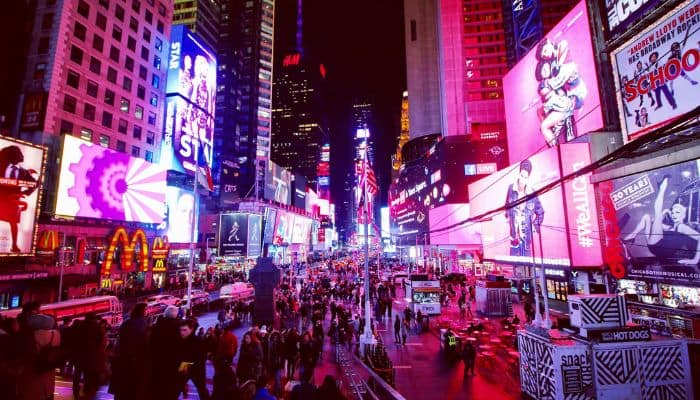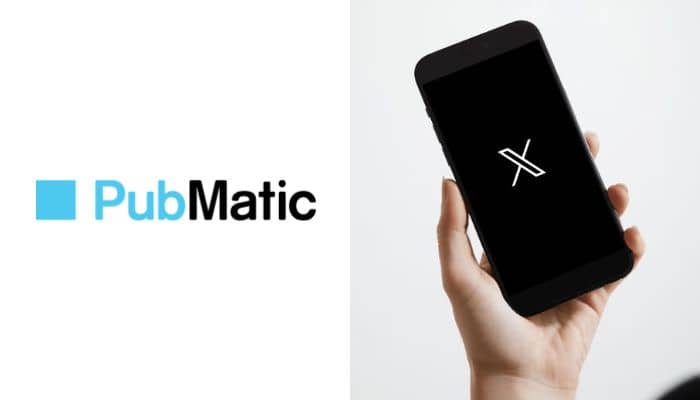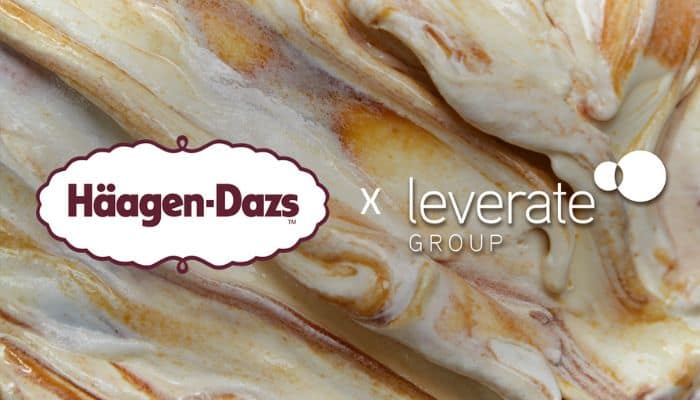Singapore – A new report from MAGNA has indicated that global media owners’ ad revenues have reached US$933b in 2024, seeing up 10% in increase in line with mid-year expectations. For the media owners, the growth is driven by a combination of factors including cyclical events, digital innovation, and industry shifts.
Traditional media owners (TMO), encompassing television, radio, publishing, out-of-home, and cinema, saw a remarkable 4% increase in ad revenue, reaching US$274b. This marks the strongest performance in 14 years, excluding the post-COVID recovery of 2021. Key factors contributing to this growth include a record number of cyclical events like elections and major sporting events, as well as a 12% surge in non-linear ad sales, particularly ad-supported streaming, which now accounts for 25% of total TMO ad revenue.
Meanwhile, digital pure players (DPP), including search, retail, social, and short-form digital video, experienced even more substantial growth, with ad sales increasing by 13% to US$659b. This growth was fueled by strong performance in search/commerce ad formats, short-form video, and social media. Organic growth factors such as increased competition in e-commerce, the rise of retail media networks, advanced AI targeting, and improved monetization of short vertical videos further propelled DPP growth.
While the global ad market experienced a strong first half, growth slowed in the second half. However, the US market remained the largest, accounting for US$380b, followed by China at US$155b. Key dynamic markets in 2024 included France, the US, India, and the UK, while growth was more subdued in Japan, Canada, China, Germany, and Australia.
Industry-wise, CPG/FMCG, Government, Betting, and Finance were among the fastest-growing verticals, while Tech recovered and Travel slowed down. In 2025, MAGNA expects Auto, CPG, and Tech to be dynamic sectors.
Moreover, the ‘Big Three’ digital media owners, Google, Meta, and Amazon, continued to outperform the market, with ad revenue growth of 11%, 22%, and 21%, respectively. Their combined market share reached 51% of global ad revenue and 61% outside of China.
Looking ahead to 2025, the report forecasts the global ad market to grow by 6.1%, approaching the trillion-dollar mark.
Vincent Létang, EVP of global market research at MAGNA, said, “The strong growth of advertising spending in 2024, despite a challenging economic environment, was of course driven by an unusually high number of major cyclical events but, more fundamentally, media innovation is what attracts a growing share of marketing budgets into advertising formats.”
He added, “Digital pure-play ad formats (search, retail search, social and short form video) are fueled by the rise of commerce media redirecting billions of dollars from trade marketing into digital formats. The growing reach of ad-supported CTV streaming makes cross-platform long-form video more attractive to advertisers as it now offers scale on top of addressability and brand safety. With no major cyclical drivers in 2025, MAGNA expects ad spend growth rates to slow, but the organic factors will remain at work, stabilizing TMO ad revenues, and growing DPP ad sales.”


